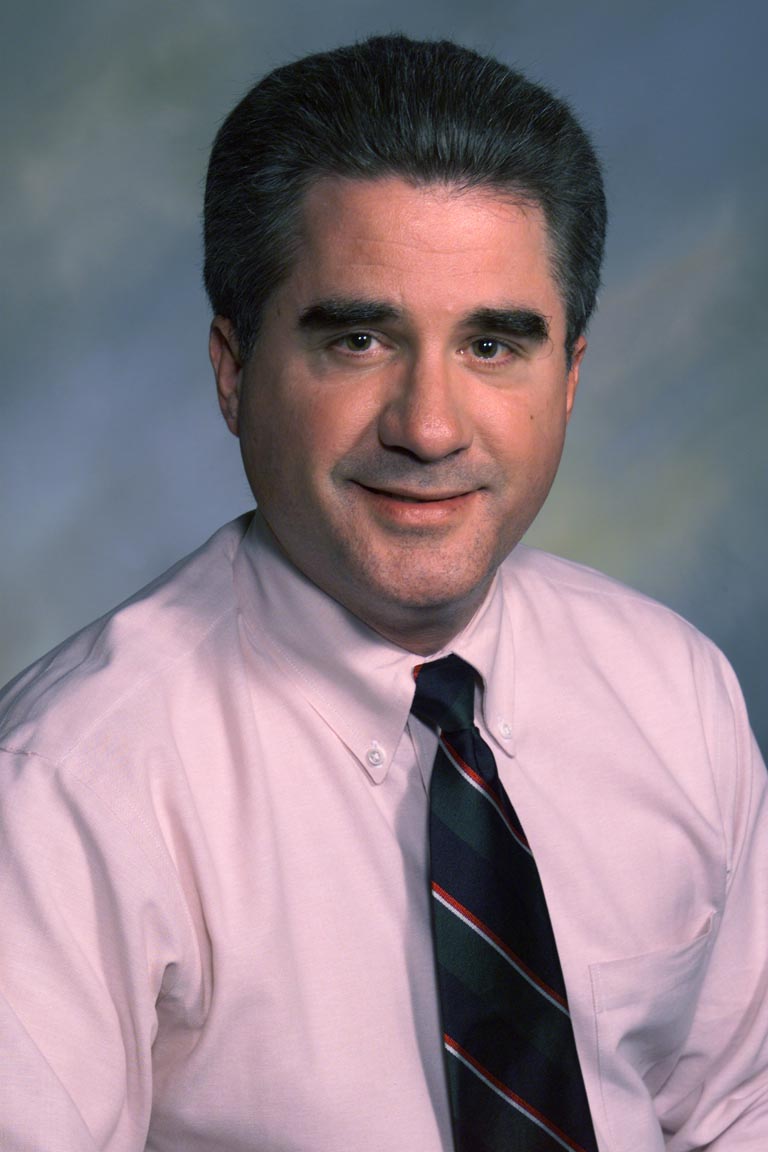
RICHMOND, Va. (BP)–When the pedestrian crosswalk light turns green on the broad avenues of Moscow, you better walk fast -– but not before the three or four cars running the red race through the intersection.
If you still have the nerve to step into the street, you have got 20 seconds to cross 10 lanes; the digital counter on the crosswalk light tells you so. The time runs out too quickly, particularly for a lumbering guy like me. Meanwhile, hundreds of Russian drivers wait for green to floor it.
If you make it across, you’re still not home free. Tram rails run close by many of the main roads in Moscow. Don’t celebrate your street-crossing success by stepping in front of an oncoming tram, or the cars that hurtle illegally along the rail lines.
Moscow traffic is a bit intimidating, but it’s a model of safety compared to Cairo, or Mumbai or Bangkok. I could tell you some white-knuckle stories of traveling overseas. Many a missionary kid, though, could tell you lots of better ones (while laughing at my paltry collection of survival tales). They deal with dangerous roads and crazy drivers every day.
War, chaos, terrorism and hostility to the Gospel are realities many missionary families face in today’s world. By far the most frequent threat to life and health, however, is the mundane –- yet often hair-raising -– risk of getting from one place to another.
“Upon our safe arrival home we were praising the Lord (for surviving) all the near-misses we had,” reported a Southern Baptist missionary in South Asia after one auto trip. She told of barely avoiding collisions with a woman running to catch a bus, two large lizards, several cows, a policeman on a motorbike -– and a large, red bus barreling straight for their mission vehicle.
A worker in East Asia describes the adventure of public transportation to far-flung cities to share the Good News:
“You board a bus with about 30 other people. There is lots of smoking, lots of throwing up. It takes about nine hours to get to the closest city. If you go to the farthest city, you take a bus about 10 hours, then you have to find your own transportation, and you ride another six or seven hours.
“It’s winding roads. We pass over a couple of spots over 12,000 feet high. … The first couple of times you’re fearful for your life. After a while you realize this is how it works here; near-misses are kind of an everyday occurrence. So once we get there, we try to make it really count.”
One of the ongoing miracles of modern missions is the rarity of fatal travel accidents among missionary families. They occur, to be sure. Considering the tens of thousands of evangelical missionaries abroad and the places where they live and work, however, the infrequency of deadly incidents is nothing short of amazing.
The only explanations that make sense to me are prayer -– and God’s merciful protection.
Southern Baptist missionaries and their families need our prayers more than ever. As their numbers rise, as they push farther into difficult areas, as relentless global urbanization increases the number of cars (and untrained drivers) on congested and poorly maintained roads, the daily risks of travel inevitably will climb.
Ask God to guide the footsteps of His missionary servants –- and their children. Ask Him to shine a light along their paths and to protect them from harm. They carry a precious cargo: the light of salvation to the nations.
–30–
Erich Bridges is a senior writer with the Southern Baptist International Mission Board.















